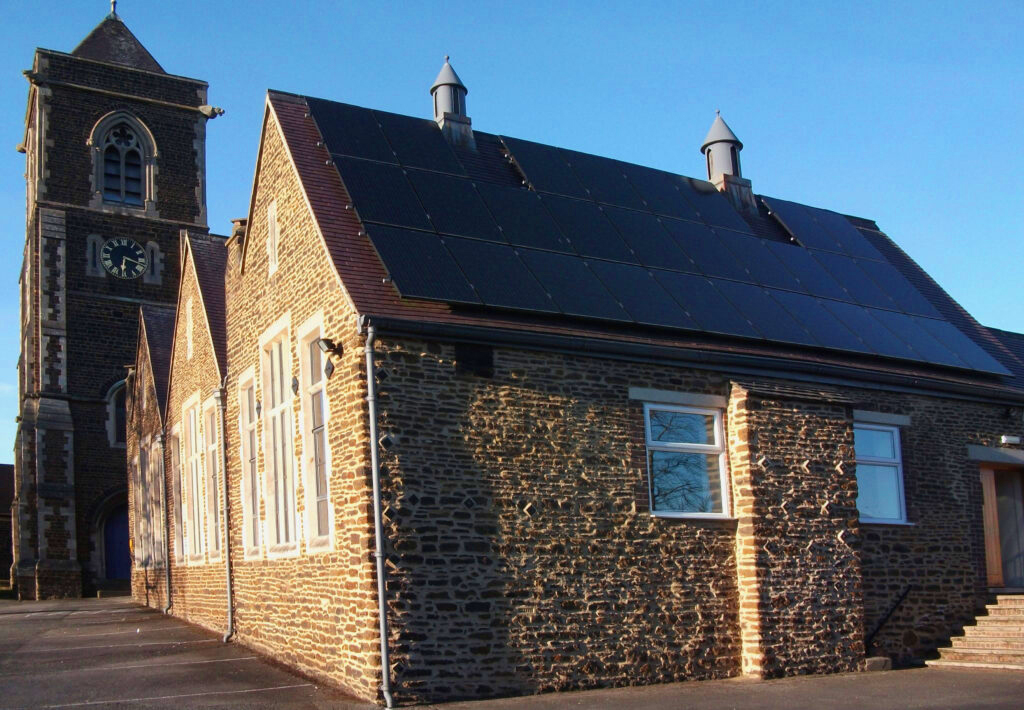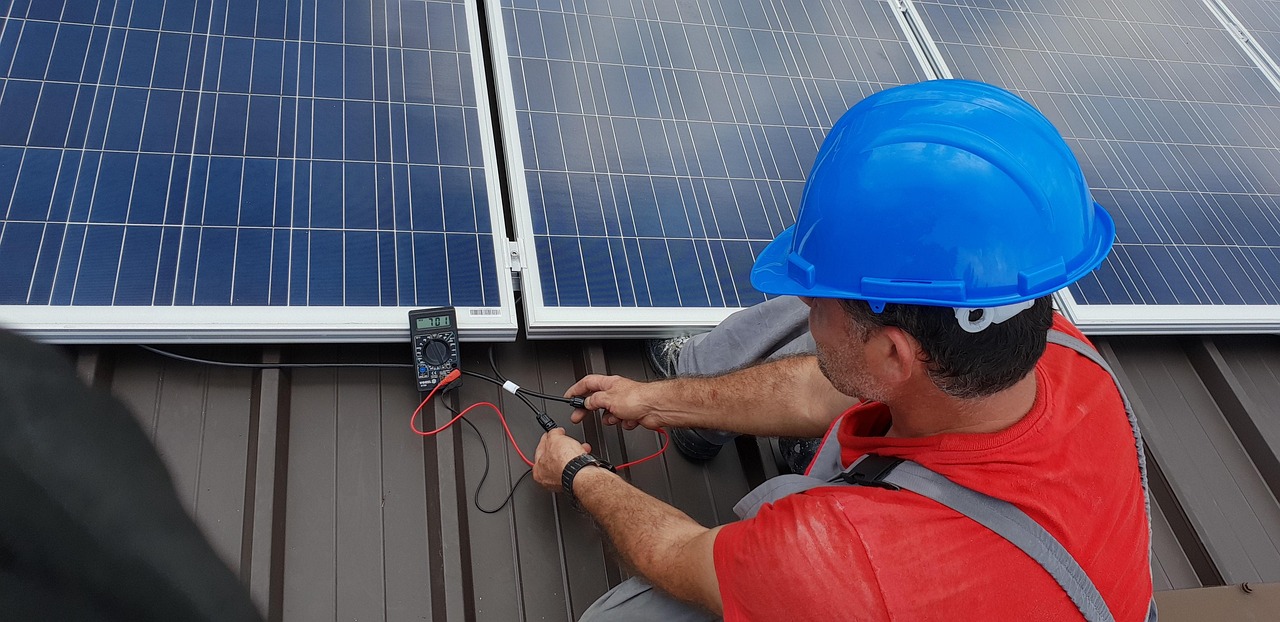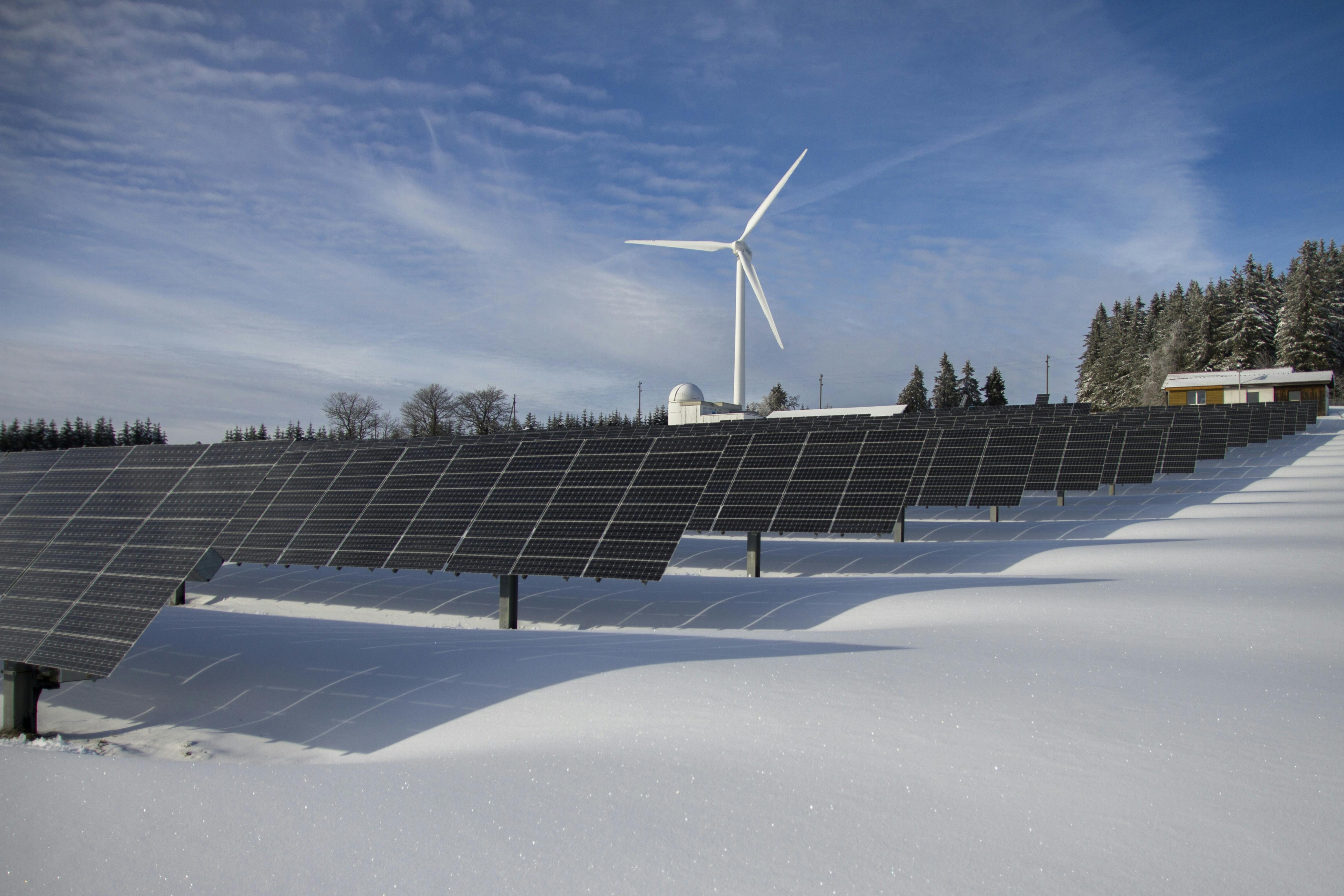How Long Does It Take To Pay Off Solar Panels?
To calculate how long it takes to pay off solar panels & reduce energy expenses try our solar panel calculator today.

If you have been pondering the question, ‘How long does it take to pay off solar panels’? Then you’ve come to the right place.
One of the key factors to consider when thinking about solar panels is the payback period. Understanding this helps you gauge the financial viability of your investment. Knowing how long it will take to see a return on your investment can provide peace of mind and help you make an informed decision about going solar.
Key Takeaways:
Understanding Solar Panel Payback Periods
The payback period refers to the length of time it takes for the savings generated by your solar panel system to equal the initial investment or installation costs. In simpler terms, it's the time it takes for your solar panels to "pay for themselves" through the energy savings they provide.
Understanding the payback period is crucial for anyone considering investing in solar panels. It serves as a key financial indicator, offering insight into the long-term financial benefits of installing solar panels on your property. By knowing how long it will take to recoup your initial investment, you can make a more informed decision about whether solar panels are a worthwhile investment for your home.
Your solar panel payback period can vary depending on factors such as the size and efficiency of your solar panel system, the cost of electricity in your area, and local solar resources. By understanding these variables and calculating your payback period, you can better evaluate the financial feasibility of going solar and make an informed decision that aligns with your financial priorities.
How Long Will It Take To Pay Off Your Solar Panels?
To calculate your payback period, start by estimating the initial costs of purchasing and installing your solar panel system. This includes the cost of the panels themselves, any additional equipment such as inverters and mounting hardware, and the cost of installation. Be sure to also factor in any financing costs if you're financing your solar panels through a loan or lease.
Next, determine how long it will take for your solar panels to pay for themselves. This can be calculated by dividing the total initial costs by the annual energy savings generated by your solar panel system. The result will give you the number of years it will take to recoup your initial investment.
It could be beneficial to estimate the annual energy savings generated by your solar panel system. This can be done by multiplying the total installed capacity of your solar panels (in kilowatts) by the average amount of sunlight received in your area (in kilowatt-hours per square metre per day) and then multiplying by the efficiency of your solar panels.
Don't forget to account for maintenance costs when calculating your payback period. While solar panels require minimal maintenance, there may still be occasional expenses for cleaning, repairs, or replacements. Estimate these costs over the lifetime of your solar panel system and subtract them from your annual energy savings.
MakeMyHouseGreen offers a user-friendly solar panel calculator to help you estimate the costs and potential savings of installing solar panels on your property. Our calculator takes into account factors such as your location, roof size, energy consumption, and current electricity rates to provide you with a personalised estimate of how much solar panels will cost.
Factors Influencing the Payback Period
Various factors can affect how long it takes to get your solar panels to pay for themselves.
Initial Cost of Solar Panels
- Installation Costs: The initial cost of solar panels includes not only the price of the panels themselves but also the expenses associated with their installation. This includes labour costs, equipment costs (such as inverters and mounting hardware), and any additional fees related to permits or inspections.
- Types of Solar Panels: The type of solar panels you choose can significantly impact the initial cost. Mono-crystalline panels, for example, tend to be more expensive than polycrystalline or thin-film panels due to their higher efficiency and production costs.
Energy Savings
- Average Savings on Electricity Bills: The amount of money you save on your electricity bills each month directly affects the payback period. Higher energy savings mean a shorter payback period. Factors such as your current electricity usage, the size of your solar panel system, and the efficiency of your panels all contribute to determining your potential savings.
- Benefit From the Smart Export Guarantee: The Smart Export Guarantee allows you to sell your unused energy back to the grid. This is an easy way to decrease your payback period.
Location and Sunlight Exposure
- Impact of Geographical Location on Energy Production: The amount of sunlight your solar panels receive depends on your geographical location and the orientation of your roof. Areas with more sunlight exposure typically experience higher energy production, resulting in faster payback periods.
- Our Solar Panel Calculator: Our solar calculator can help you estimate the sunlight exposure for your specific location. This takes into account factors such as roof orientation, shading from nearby structures or trees, and local weather patterns to provide accurate estimates of solar potential.
Maintenance Costs
- Typical Maintenance Requirements and Costs: While solar panels generally require minimal maintenance, there are still some ongoing costs to consider. This includes occasional cleaning to remove dirt or debris that may accumulate on the panels, as well as potential repairs or replacements for damaged components. Factoring in these maintenance costs is essential for accurately estimating the payback period.
- Warranty and Performance Guarantees: Many solar panel manufacturers offer warranties and performance guarantees that cover the system for a certain number of years. Understanding the terms of these warranties can provide peace of mind and help you budget for any potential maintenance expenses that may arise during the lifespan of your solar panel system.
Maximising Your Solar Investment
Ensuring that your solar panels are properly positioned and angled towards the sun can maximise their energy production and shorten the payback period. Work with a professional installer to determine the optimal placement for your solar panels based on your roof orientation and local sunlight exposure. Luckily for you, all of our installers are MCS-certified.
Implementing energy-saving practices in your home can further reduce your electricity consumption and accelerate the payback period of your solar panel investment. Simple actions such as using energy-efficient appliances, turning off lights when not in use, and properly insulating your home can all contribute to greater energy savings.
Benefits Beyond Payback
- Long-term Savings: While the payback period is an important consideration, it's essential to recognize the long-term savings that solar panels can provide beyond recouping your initial investment. Once your solar panels have paid for themselves, you'll continue to enjoy free or reduced-cost electricity for years to come, leading to significant savings over the lifespan of your system.
- Increasing Property Value: Solar panels can also increase the value of your property, making them a valuable investment in more ways than one. Homes with solar panels tend to sell for higher prices and spend less time on the market compared to those without solar installations, making them an attractive option for potential buyers.
- Environmental Impact and Reducing Carbon Footprint: In addition to financial benefits, solar panels offer significant environmental advantages by reducing your carbon footprint and reliance on fossil fuels. By generating clean, renewable energy from the sun, solar panels help combat climate change and contribute to a more sustainable future for generations.
Final Thoughts
Understanding and calculating the payback period of solar panels is crucial for making informed decisions about your investment in renewable energy. By knowing how long it will take to gain back your initial costs and start saving money on your electricity bills, you can confidently move forward with your solar panel investment.
At MakeMyHouseGreen, we're here to support you every step of the way. Take advantage of our solar panel calculator, a tool that provides personalised estimates of the costs and savings associated with solar panel installation. With just a few simple inputs, you can get a clear understanding of the financial benefits of going solar.
Or, why not reach out to one of our Green Gurus who are dedicated to helping you through the process of going green from start to finish?
Ready to see what you can save?
Our solar calculator is 100% free to use. Enter your postcode below to get started.

Based on 400+ Trustpilot reviews






